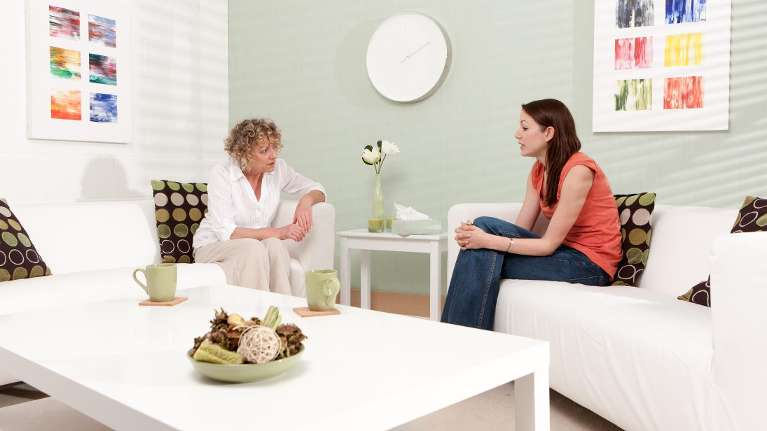
When it comes to co-parenting, navigating post-divorce dynamics with your former spouse is likely emotionally challenging. Years ago, the conventional arrangement wasn't always a 50/50 split, as it often is today. Even just a few decades ago, dads would typically have their children on weekends and some holidays, and those precious days became a time for fun and exciting adventures. Kids would look forward to these weekends with their “Disneyland Dad” sometimes wondering why Mom wasn't providing the same level of entertainment during her parenting time, usually falling on school days.
Today, the shift towards more equitable parenting time has typically resulted in a 50/50 setup, where you and your former parent get an equal share of time with your children. Yet, the inequality can still persist in other ways if one parent feels like they're the 'fun' one, while the other seems to handle the mundane tasks or day-to-day responsibilities.
In this post, we unpack the “Disneyland Parent” concept and how you can cultivate more awareness and perspective about this dynamic in your coparenting relationship.
Parenting Insecurities
Even though you may have equal parenting time, there are many reasons why parents might feel insecure about the time they have with their children., A common reason for these feelings occurs when one parent works a job that limits the time they can spend with their children, physically or psychologically. If one parent works outside of the home with a long commute and the other works from home, inequality is inevitable. In another example, if one parent has an emotionally draining job where they never fully disconnect, that dynamic could also turn into a form of inequality.
Guilt about past mistakes and/or emotional or physical unavailability can also play a role in playing up parenting time with kids. A parent who feels that their behavior in the marriage negatively affected their children might try to make up for their past behavior by making time together extra fun. Or, a parent who knows on some level that they struggle to show up in the ways that their co-parent excels in, might also try to make up for it by grand vacations, permissive parenting or buying their children things. Even feeling guilty about getting divorced in the first place can lead parents to compensate in various ways.
For a variety of reasons, parents who struggle with feeling insecure about their parenting after divorce might worry about how to make the most of their parenting moments, naturally leading to filling the time with exciting activities to compensate for less overall quality time. This unconscious strategy helps the parent alleviate insecurity about their role in their child(ren)’s lives.
Letting Go of Keeping Up
If you are the parent who feels like you’re constantly trying to match up to the other parent's 'fun' experiences, a shift in perspective can be liberating. Work to reframe the situation by checking in with yourself, asking questions like:
-
Does it feel physically, emotionally or financially possible, healthy, or good to continuously strive for equally fun activities during your parenting time?
-
Is it fair to put that pressure on yourself, or can you find value in the unique experiences you share during your time?
-
Is the feeling of unfairness stemming from a need to control what your children do when they're not with you?
-
Is tapping into your “fun/playful” side hard for you (e.g. you grew up as a parentified child, or you had to be the taskmaster in your marriage or else nothing would get done), so seeing your co-parent “have all the fun” brings up some painful memories?
-
Does trying to “keep up” with the level of entertainment come at the expense of creating your own authentic relationship with your children?
Letting go of the urge to micromanage or control the experiences your children have when they're not with you can be transformative. Recognizing that your parenting style might differ from the other co-parent's and accepting that it's okay for your children to have varying experiences under each roof can alleviate stress and promote healthier co-parenting dynamics.
Parenting after divorce isn't always a series of extravagant outings or constant entertainment in an effort to win over the hearts of your children. It's about finding a balance between authentic fun, necessary routine, and healthy responsibility. When feeling like the other co-parent is consistently the 'Disneyland Parent’, finding your authentic parent style is more important than ever. Focus on meaningful activities during your time, fostering connections, and nurturing the relationship rather than trying to mirror the other parent's approach. Create an environment where your children feel loved, supported, and secure in both homes. Work to embrace the differences, let go of the urge to control, and find peace in the unique moments you share with your children during your designated time.
At Center for Shared Insight, we support the challenges that come along with co-parenting relationships. Reflecting with the help of a professional often unlocks the perspective you need to improve the most challenging relationships in your life. Contact us to learn more about how therapy can support your post-divorce journey.










